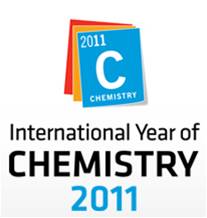The programme of work I developed for S1-S3 was designed to fit into seven 60 minute lessons, with the first few set aside as ‘skills builders’ and ‘developing understanding’ tasks. The latter part of the programme involved students taking part in a ‘Big Task’ and working on a given problem to design a range of sustainable packaging, having been introduced to the big issues.
The project was introduced in a dynamic way by having a 3 or 4 minute presentation where senior pupils pretended to be from the future and to be amazed that our world is so different from theirs. The actors talked about how they have limited access to food, energy supplies are low and expensive, climate change has resulted in storms and floods and there is no oil left to run cars or heat homes. The pupils in the class were then told ‘You don’t know what you’ve got til it’s gone. Save it!’
Before being introduced to the ‘Big Task’ of the project. The pupils developed their understandings of sustainability and explored their own values and attitudes.
Liam Ball.




